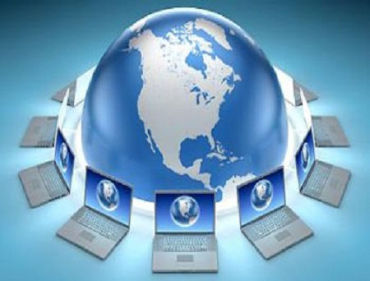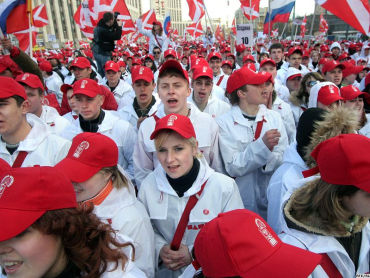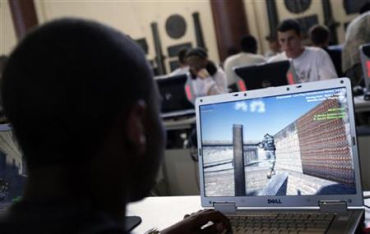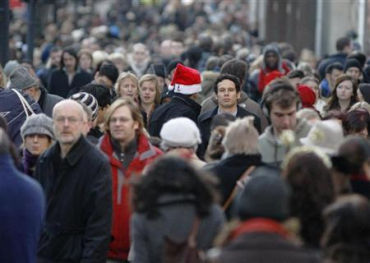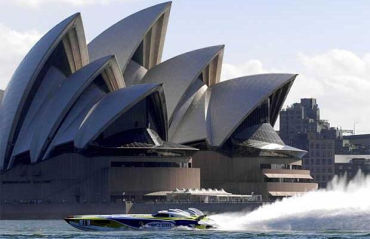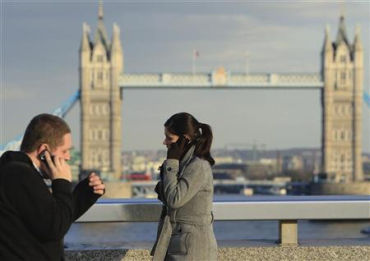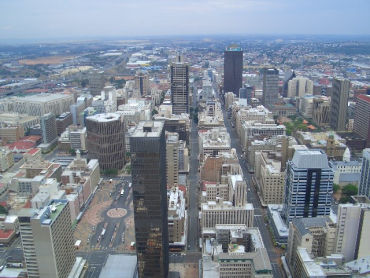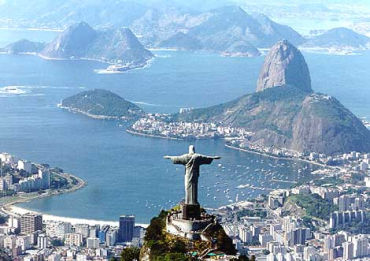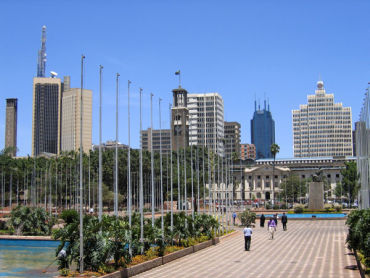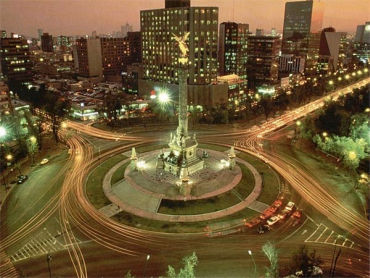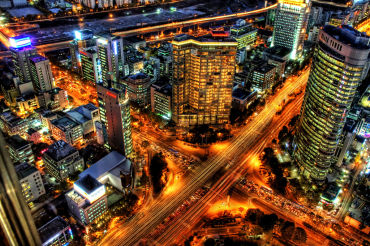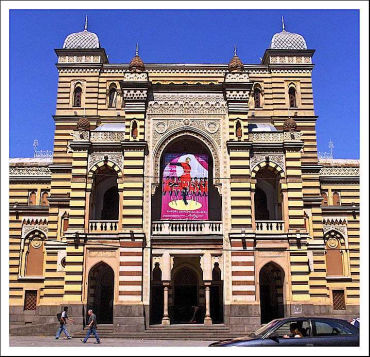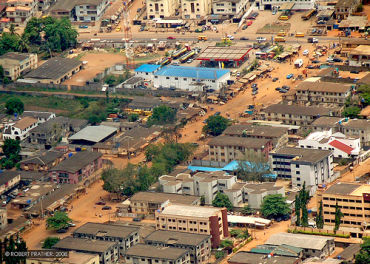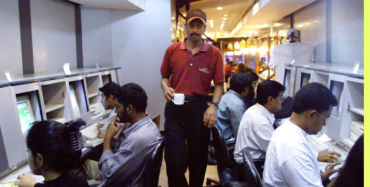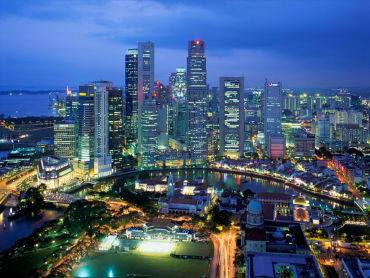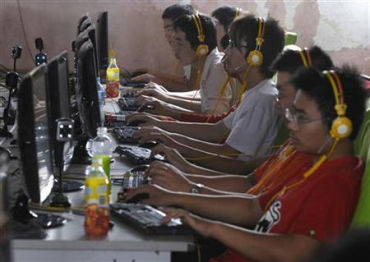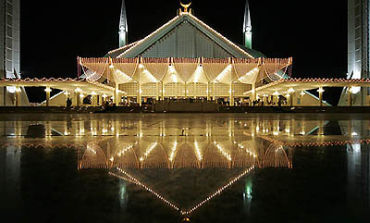 | « Back to article | Print this article |
India ranks 14th in Internet freedom
The report gives a score from 0 (the most free) to 100 (the least free), which serves as the basis for an internet freedom status designation of Free (0-30 points), Partly Free (31-60 points), or Not Free (61-100).
Ratings are determined through an examination of three broad categories: obstacles to access, limits on content and violation of user rights.
Click on NEXT to to find out about the top 15 nations...
India ranks 14th in Internet freedom
Rank 1: Estonia
Internet access: Free
Estonia ranks among the most wired and technologically advanced countries in the world.
In 2009, over 91 per cent of citizens filed their taxes online and Estonian identity cards were used to facilitate electronic voting during municipal and European Parliament elections.
Restrictions on Internet content and communications are among the lightest in the world.
Click NEXT to read more...
India ranks 14th in Internet freedom
Internet access: Free
Access to the internet in the United States remains quite free compared with the rest of the world. Users face few restrictions on their ability to access and publish content online.
The courts have consistently held that Federal and State constitutional prohibitions against government regulation of speech apply to material published on the Internet.
Click NEXT to read more...
India ranks 14th in Internet freedom
Rank 3: Germany
Internet access: Free
Telecommunications in Germany are an increasingly contested arena in which the state, civil society leaders, and powerful private companies, including internet-service providers, assert sometimes incompatible rights and interests.
There is a great deal of legal uncertainty in two key areas of Internet freedom: a data-retention law has been ruled unconstitutional, and controversy surrounding a new law for blocking Internet content has prevented it from being applied to date.
Click NEXT to read more...
India ranks 14th in Internet freedom
Rank 4: Australia
Internet access: Free
Although Australia enjoys affordable, high-quality access to the internet and other digital media, recent amendments to surveillance legislation and proposals to implement censorship through directives to internet-service providers have raised concerns about privacy and freedom of expression.
Click NEXT to read more...
India ranks 14th in Internet freedom
Rank 5: The United Kingdom
Internet access: Free
The United Kingdom has high levels of internet penetration, and online freedom of expression is generally respected.
However, both the government and private parties have presented ongoing challenges to free speech rights in connection with anti-terrorism efforts, public order and intellectual property.
Click NEXT to read more...
India ranks 14th in Internet freedom
Internet access: Free
Italy has a relatively high internet penetration rate, with about 50 per cent of the population accessing the medium in 2009.
Mobile-telephone usage is ubiquitous, and internet access via mobile phones has grown significantly in recent years.
Italian authorities do not engage in political censorship of online speech, and no bloggers were imprisoned as of the end of 2010.
Click NEXT to read more...
India ranks 14th in Internet freedom
Internet access: Free
Digital media freedom continues to be respected in South Africa.
Access to the internet has improved, with more people having an option to access the internet from their mobile telephones than from computers, though the majority of the population is unable to benefit from internet access.
Click NEXT to read more...
India ranks 14th in Internet freedom
Internet access: Free
For a country with large social and economic disparities, Brazil has made significant gains in expanding internet access and mobile-phone usage in recent years.
As of 2009, it was home to the largest population of internet users in Latin America and the fourth-largest in the world.
Click NEXT to read more...
India ranks 14th in Internet freedom
Internet access: Partly Free
Use of the Internet and mobile telephones is relatively unfettered in Kenya, and access to the technology continues to grow.
Although a lack of infrastructure and high costs still hamper connectivity for many Kenyans, the installation of two undersea cables in 2009 has dramatically improved bandwidth, and prices are starting to come down.
Click NEXT to read more...
India ranks 14th in Internet freedom
Rank 10: Mexico
Internet access: Partly Free
Despite dramatic growth in internet penetration over the last 21 years, the majority of the population, particularly in rural areas, still lacks affordable access
This is largely due to infrastructural deficiencies and high prices resulting from ownership concentration in the telecommunications sector.
Click NEXT to read more...
India ranks 14th in Internet freedom
Rank 11: South Korea
Internet access: Partly Free
South Korea's internet infrastructure is one of the most advanced in the world, and its democratic institutions - including an independent judiciary - generally protect free expression.
However, regulatory measures such as a real-name registration system and a recent series of arrests of bloggers have presented challenges to internet freedom.
Click NEXT to read more...
India ranks 14th in Internet freedom
Internet access: Partly Free
Use of the internet and related technologies has grown rapidly in Georgia in recent years, with Internet penetration surpassing the 30 per cent mark in 2009, partly the result of lower prices.
There were no reports of government censorship during the coverage period and users were able to freely visit any website around the world, including advanced web applications.
Click NEXT to read more...
India ranks 14th in Internet freedom
Internet access: Partly Free
In 1999, Nigeria returned to civilian governance after almost 30 years of military rule.
The Internet was first introduced in the early 1990s, and usage grew more popular following an internet workshop organized by the Yaba College of Technology in 1995.
Press freedom and the space for free expression have since increased. Nevertheless, the legal and political environment for traditional media remains harsh, and a number of journalists have been killed in recent years.
Click NEXT to read more...
India ranks 14th in Internet freedom
Internet access: Partly Free
Although India's internet penetration rate of less than 10 percent is low by global standards, access has expanded rapidly in urban areas, generating tens of millions of new users in recent years.
In the past, instances of the central government seeking to control communication technologies were relatively rare.
However, following the November 2008 terrorist attacks in Mumbai and with an expanding Maoist insurgency, the need, desire and ability of the Indian government to control the communications sector have grown.
Click NEXT to read more...
India ranks 14th in Internet freedom
Rank 15: Malaysia
Internet access: Partly Free
By 2009, over 55 per cent of the total population in Malaysia accessed the Internet.
In the watershed general elections of March 2008, the ruling National Front coalition lost its two-thirds parliamentary majority for the first time since 1969.
The use of the internet for political mobilization and news dissemination was widely seen as contributing to the opposition's electoral gains.
Click NEXT to see China's and Pakistan's ranking...
India ranks 14th in Internet freedom
Internet access: Not Free
Although China is home to the world's largest population of internet users, many of whom have shown increasing creativity in pushing back against censorship, the country's internet environment remains one of the world's most restrictive.
This reflects the Chinese Communist Party's paradoxical "two-hand strategy" for managing digital technologies: promoting access for the purposes of economic advancement on the one hand, while attempting to secure control over content, especially political communication, on the other.
Click NEXT to read more...
India ranks 14th in Internet freedom
Rank 26: Pakistan
Internet access: Partly Free
With the explosion of mobile-phone use and the gradual spread of broadband internet in Pakistan, access to information and communication technologies has increased, as have citizen journalism and online activism.
In response, over the past three to four years - under both military rule and an ostensibly democratic civilian government - the authorities have adopted various measures to exert some control over cyberspace and the sharing of information online.
Click NEXT to read more...
